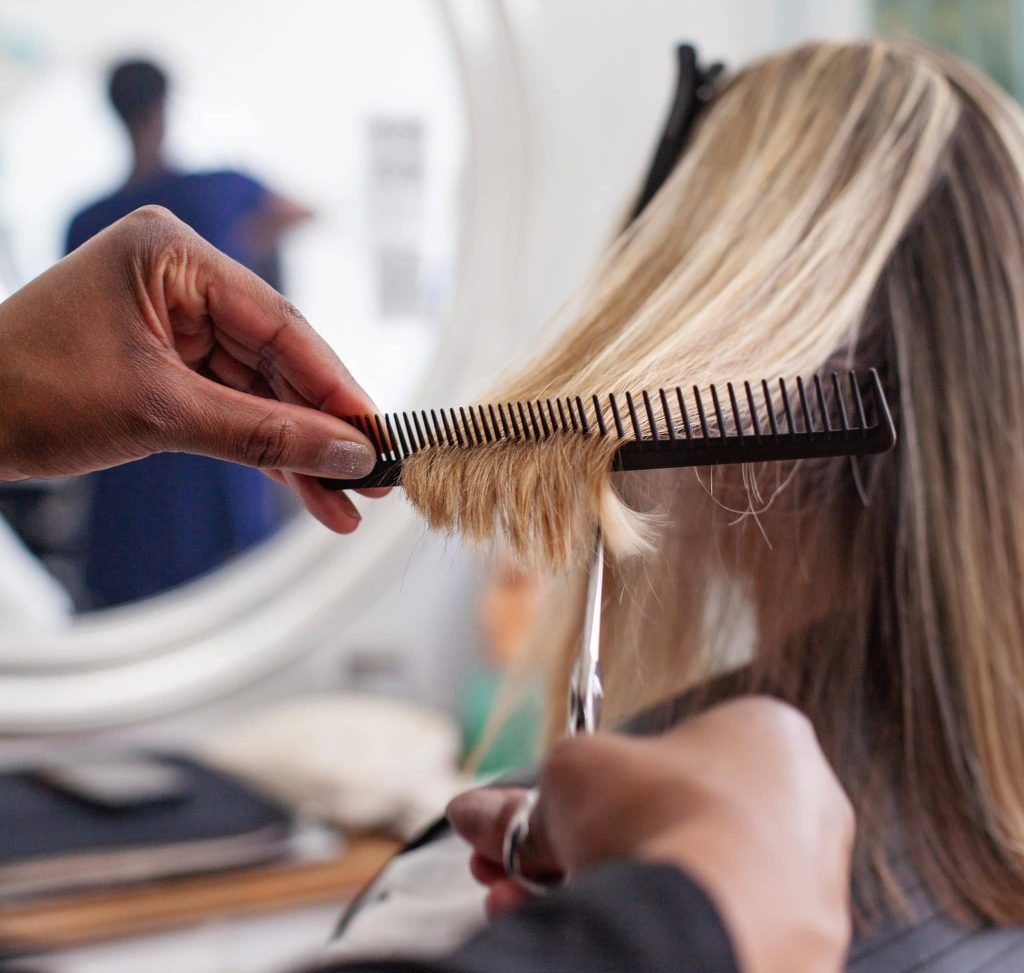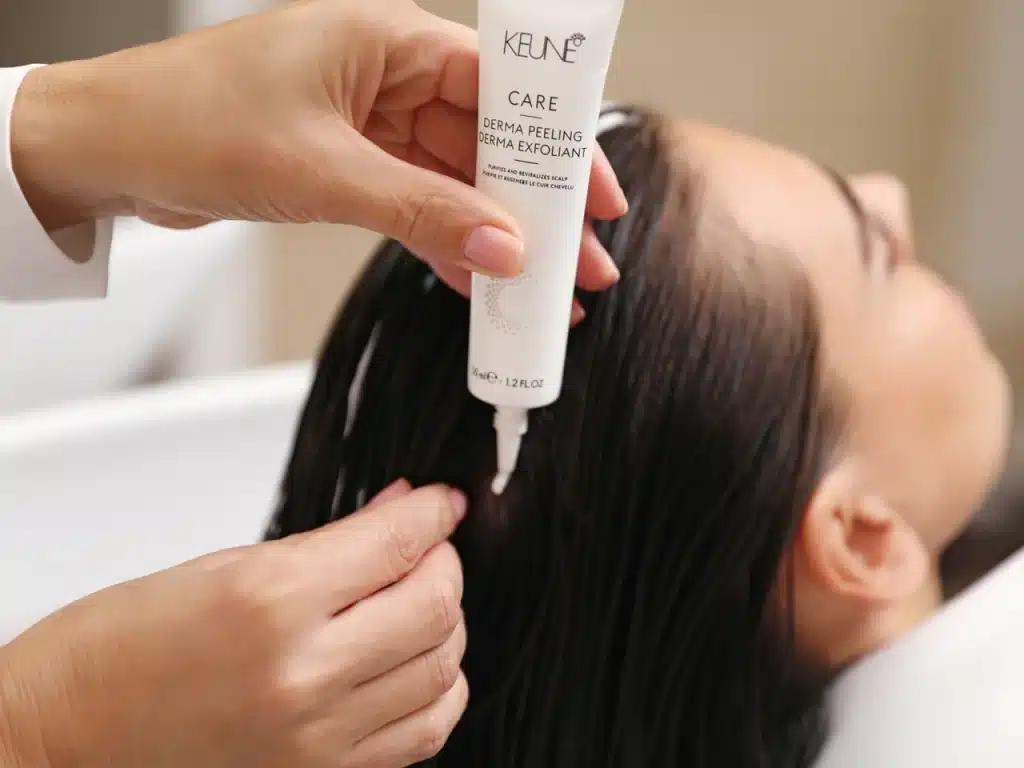
We all know that stress can have various negative effects on our bodies and overall health, but did you know that it can also affect your hair? The relationship between stress and hair is more complex than you would think, with stress influencing hair growth cycles, causing premature greying, and even leading to hair loss. Understanding how stress impacts your hair can help you better manage its effects.
Stress can arise from a variety of sources, both external and internal. It can be triggered by problems at home, work, financial issues, or even relationship troubles. Chronic stress can also stem from ongoing situations such as a demanding job, health issues, or caregiving responsibilities. These stressors can cause your body to release certain hormones like cortisol, which, over time, can affect various systems in your body, including the hair growth cycle.
One of the most noticeable ways stress affects the hair is by causing hair loss, often referred to as telogen effluvium. This condition occurs when the normal hair growth cycle is disrupted, causing hair to shed prematurely. It is typically a result of prolonged or severe stress, although it can also be triggered by illness, surgery, or significant life events.
Normally, your hair goes through a cycle that includes growth (anagen), transition (catagen), rest (telogen), and shedding (exogen). However, when stress becomes chronic, the hormonal fluctuations can cause a larger proportion of hair follicles to enter the resting phase, leading to more hair shedding. This may happen suddenly or over time, and it can manifest as thinning hair or noticeable shedding during washing or brushing. To learn more about the hair growth cycle, click here to read our last blog.
Telogen effluvium can be either acute or chronic. Acute telogen effluvium occurs after a stressful event and typically resolves within six months. Chronic telogen effluvium, on the other hand, persists for longer periods and can be harder to manage. The key to managing this type of hair loss is identifying and addressing the underlying causes of stress. It’s important to note that while hair loss due to stress isn’t usually permanent, it can take several months for hair to begin growing back.
Another lesser-known effect of stress on hair is premature greying. While genetics are the primary cause of grey hair, research suggests that stress can play a role in accelerating the process. Stress triggers the release of certain chemicals that may damage the melanocytes, which are the cells responsible for producing pigment in the hair.
Studies have found that stress might cause the depletion of these pigment-producing cells, leading to the premature appearance of grey or white hair. Though more research is needed to fully understand the biological mechanisms behind this, the connection between stress and greying is becoming more apparent. It’s important to note that this is a gradual process and varies from person to person.
Stress can also lead to a hormonal imbalance, which is another significant factor in hair loss. Stress increases the production of cortisol, a hormone that, when in excess, can interfere with the normal functioning of other hormones in the body. In women, for example, stress can affect estrogen and progesterone levels, leading to an imbalance that can cause hair thinning or loss.
Increased cortisol levels also interfere with thyroid function, and since the thyroid plays a crucial role in regulating hair growth, an imbalance can lead to thinning hair. Stress-induced hormonal imbalances are particularly problematic for individuals who already have underlying health conditions that affect their hormones, such as polycystic ovary syndrome (PCOS) or thyroid disorders.
While stress-induced hair loss can be concerning, it’s important to remember that it’s typically reversible. If you’re experiencing stress-related hair shedding or thinning, here are some steps you can take to manage it:
The first step in managing stress-related hair loss is to identify and address the causes of stress. This could mean reducing work pressures, resolving personal conflicts, or finding ways to better manage anxiety. Sometimes, simply making time for self-care and taking breaks can significantly lower stress levels. Consider lifestyle changes like cutting back on caffeine, practising mindfulness, and getting more sleep.
There are many ways to reduce stress, and it’s important to find methods that work for you. Some people find relaxation through activities like:
Incorporating these activities into your daily routine can help lower cortisol levels and reduce stress.
If you’re struggling to manage your stress, seeking professional help is a good option. A general practitioner (GP) can offer advice on managing stress and its physical effects, while a trichologist (a hair specialist) can provide expert advice on restoring hair health and growth.
Hair loss due to stress doesn’t happen overnight, and the recovery process takes time. It typically takes 3 to 6 months for hair follicles to recover and for hair growth to begin again. Be patient and consistent with your hair care routine, and remember that your hair will eventually return to its natural growth cycle once the stress is managed.
Stress is a common factor in many forms of hair loss, including telogen effluvium and premature greying. The good news is that managing stress can help restore your hair’s health and appearance. By identifying stressors, adopting stress-reduction techniques, and seeking professional guidance, you can give your hair the best chance to thrive.
Until next time, take care of your mind and your hair!









